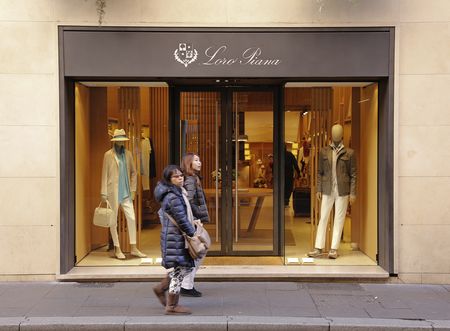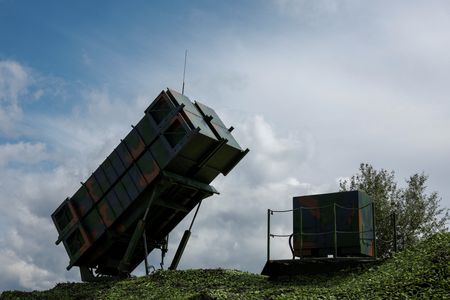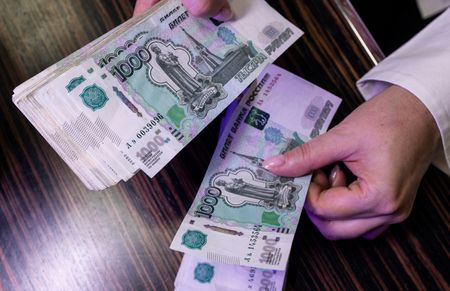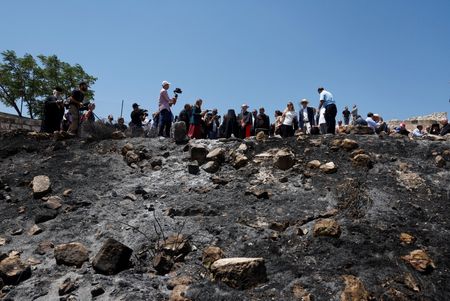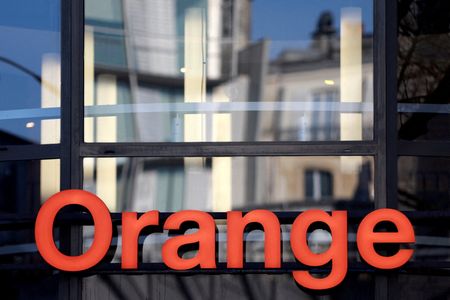By Emilio Parodi
MILAN (Reuters) -Cashmere king Loro Piana, part of LVMH’s luxury empire, became on Monday the fifth high-end brand to be put under judicial administration in Italy over worker abuses in supply chains, after an investigation that has tainted the image of Italian luxury goods.
Loro Piana Spa will undergo court monitoring for a year, according to the 26-page ruling reviewed by Reuters, which stems from investigations into the world of subcontracting for luxury goods in Italy that started in 2023.
Units of fashion brands Valentino, LVMH’s second largest brand Dior, Italy’s Armani, and Italian handbag company Alviero Martini were also placed under administration.
The Court of Milan found that Loro Piana, which makes expensive cashmere clothing, subcontracted its production through two front firms that had no actual manufacturing capacity to Chinese-owned workshops in Italy, which the court said exploited workers.
LVMH, the world’s biggest luxury group, acquired 80% of Loro Piana in July 2013, with the Italian family that founded the company retaining 20%, according to the court ruling.
In June, Loro Piana appointed Frederic Arnault, a son of LVMH chairman and Chief Executive Bernard Arnault, as its CEO.
The Milan court, as in the cases of the other brands targeted by the investigation, found Loro Piana “culpably failed” to adequately oversee its suppliers in order to pursue higher profits, according to the ruling.
Loro Piana declined to comment. LVMH was not immediately available for comment.
The owners of the contracting and subcontracting companies were under investigation by Milan prosecutors for exploiting workers and employing people off the books. Loro Piana Spa itself faces no criminal probe.
The prosecutors in the case said the violation of rules among fashion companies in Italy was “a generalised and consolidated manufacturing method”.
“Direct experience [from all the various investigations, i.e. Armani, Dior, Valentino, Alviero Martini and Loro Piana on the control of production chains] indicates that the complete outsourcing of industrial production processes is aimed exclusively at reducing labour costs and, consequently, also the criminal and administrative liability of the company with regard to worker safety… All this is done with a view to maximising profits at the lowest possible production cost,” the Court of Milan said in its ruling on Monday.
WORKER ABUSES AT SUBCONTRACTORS
Italy is home to thousands of small manufacturers that make up 50%-55% of global luxury goods production, consultancy Bain has calculated.
In May, Italy’s fashion brands signed an accord with legal and political authorities to fight worker exploitation, but the ruling on Loro Piana said “this production chain, headed by Loro Piana, has continued to operate until now” and despite the previous cases being widely reported.
The case involving Loro Piana Spa originated after Carabinieri police from the Milan labour protection unit in May arrested a Chinese workshop owner and closed his factory in the northwestern suburbs of Milan.
The employer was reported by one of his workers for beating him, causing injuries that required 45 days of treatment, after the worker demanded 10,000 euros ($11,692.00) in unpaid wages.
Carabinieri police found that the workshop produced Loro Piana-branded cashmere jackets and that its 10 Chinese labourers, including five illegal immigrants, were forced to work up to 90 hours a week, seven days a week, were paid 4 euros an hour, and slept in rooms illegally set up inside the factory.
Carabinieri said in a statement they inspected two intermediary companies and three Chinese workshops, all in the Milan area, and identified 21 workers, 10 of whom were working off the books without proper registration, including seven illegal immigrants.
According to the court ruling, the owner of an intermediary company stated that in recent years she had been producing around 6,000-7,000 jackets per year for Loro Piana at an agreed price of 118 euros per jacket if the order was for more than 100 items and 128 euros if the order was under 100 items.
Based on the Loro Piana website, for example, men’s cashmere jackets range from a minimum of over 3,000 euros to a maximum of over 5,000 euros.
In their statement, Carabinieri concluded they had closed two Chinese-owned factories, the third being a ‘paper’ company with no production capacity, and imposed a joint fine of over 240,000 euros.
The Milan court in its ruling on Loro Piana also appointed an external administrator to verify the company meets all the judges’ demands on control of its supply chain.
The administration will be lifted earlier if the unit brings its practices into line with legal requirements, as was the case with Dior, Armani and Alviero Martini.
($1 = 0.8553 euros)
(Reporting by Emilio Parodi, additional reporting by Elisa AnzolinEditing by Keith Weir and Susan Fenton)

